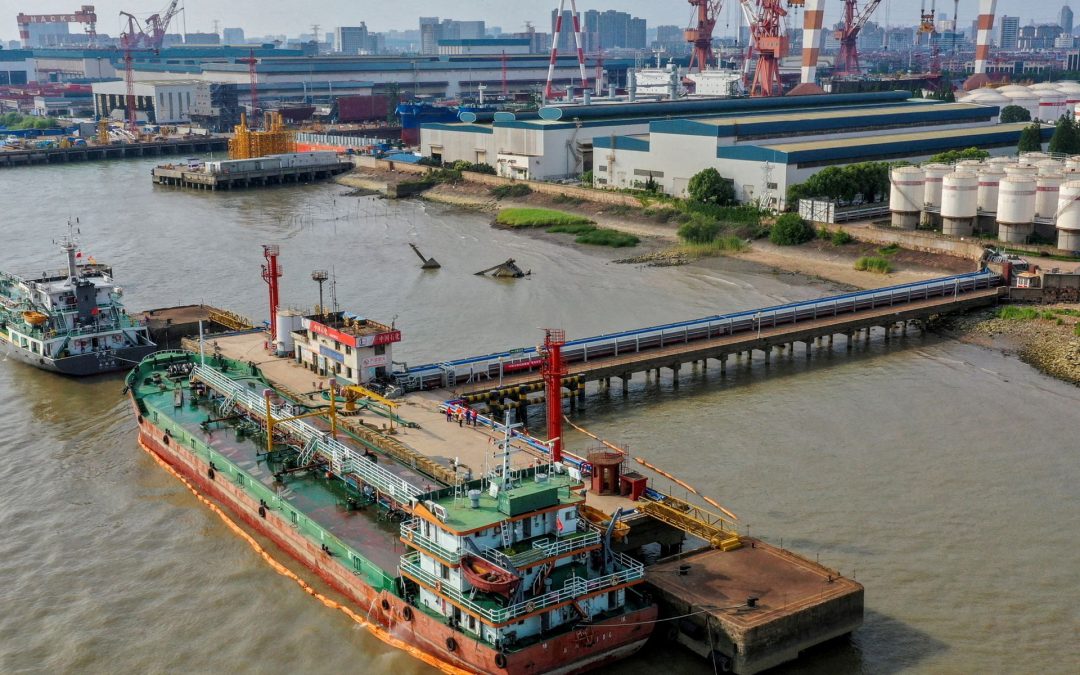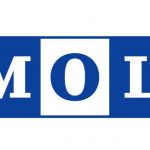A consortium comprising Shell, TECO 2030 and some others has finalized a grant agreement with the EU to retrofit a handysize product tanker with a hydrogen fuel cell system.
In a statement Dec. 21, Oslo-listed TECO 2030 said the 18,600-dwt ship will be installed with a 2.4-MW fuel cell and 4,000-kg compressed hydrogen storage developed by the company.
The EU, under its Horizon Europe funding scheme, will provide Eur5 million ($5.31 million) to the HyEkoTank project that will start in February 2023 for demonstration in 2024.
Other consortium partners are shipowner Ektank, engineering firm Blom Maritime, TECO Solutions, Umoe Advanced Composites, FKAB Marine Design, Neste and UiT-The Arctic University of Norway.
“This fuel cell project … aims to demonstrate the viability of hydrogen as a zero-carbon fuel for the maritime sector,” said Carl Henrickson, general manager for technology, innovation and digitalization at Shell’s shipping unit.
“Shell will purchase the fuel cell system and provide the renewable hydrogen to power this pioneering project,” Henrickson added.
Shell is currently developing the Holland Hydrogen I project in Rotterdam, which will incorporate a 200-MW alkaline electrolyzer powered by offshore wind to generate up to 60,000 kg/d of renewable hydrogen from 2025.
Platts assessed the cost of producing hydrogen via alkaline electrolysis in the Netherlands at Eur18.3484/kg Dec. 20 based on month-ahead power prices, including capital expenditures, according to S&P Global Commodity Insights data.
Tore Enger, group CEO of TECO 2030, said the company “will show the world what fuel cells are capable of when retrofitting a product tanker for Ektank.”
“I am grateful to the EU who wants to assist us in realizing a retrofit fuel cell project for reducing and eliminating emissions along the European coastlines,” Enger added.
Hydrogen fuel cells development
As part of EU efforts to cut greenhouse gas emissions by 55% below 1990 levels by 2030, the EU plans to introduce a series of shipping emissions regulations in the coming years.
HyEkoTank aims demonstrate zero emission at berth and 60% reduction of GHG emissions during voyage, according to TECO 2030.
The company is developing proton exchange membrane fuel cell production facilities in Narvik, Norway, which will have an initial capacity of 120 MW in 2024 before further hikes to 400 MW in 2025 and 1.6 GW in 2030.
TECO 2030, a spinoff of technical services provider TECO maritime, has been working on maritime applications of its fuel cells including a 1.6-MW workboat project for the Port of Narvik.
Source: Hellenic Shipping News






